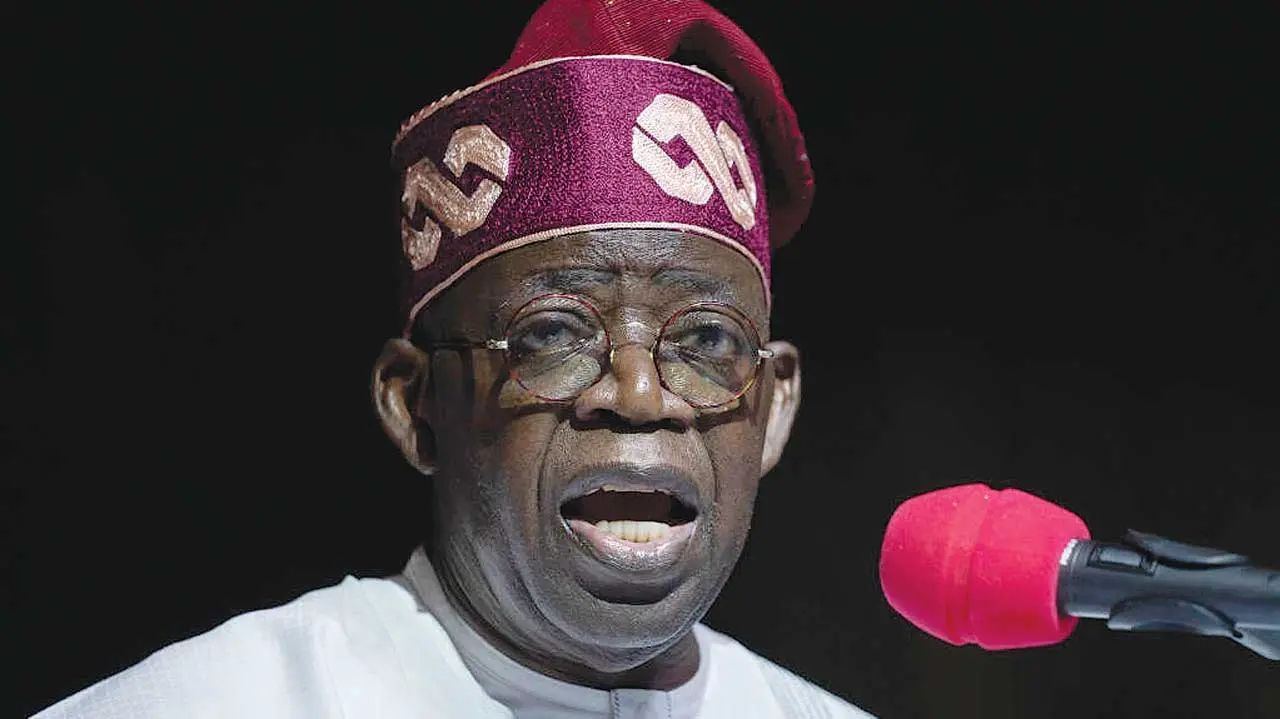In a surprising turn of events, economic hardship seems to be taking center stage once again, as reports indicate that Bola Ahmed Tinubu, a prominent Nigerian political figure, has purportedly directed the Director-General of the National Identity Management Commission (NIMC) to initiate his retirement leave.
This development comes amidst growing concerns about the economic challenges faced by the nation, adding another layer of complexity to the already intricate landscape of Nigerian politics and governance.
Tinubu’s alleged decision to have the NIMC DG commence retirement leave has stirred speculation and debate across various spheres. As a key player in Nigeria’s political scene, Tinubu’s influence reaches far and wide, and his actions are often scrutinized for their potential implications.
The timing of this directive, amid discussions about the nation’s economic hardships, raises questions about its motivations and implications for both the political and economic realms.

The National Identity Management Commission plays a crucial role in overseeing the issuance of national identity cards, a fundamental component of a nation’s administrative infrastructure. With the retirement of its Director-General on the horizon, there is a potential for leadership changes that could impact the organization’s future strategies and operations.
Given the intertwined nature of political maneuvering and governance decisions in Nigeria, this move is likely to reverberate not only within NIMC but also throughout the broader governmental landscape.
READ ALSO: Navigating Economic Hardship: First Lady’s Pledge to Bolster Nigeria’s Well-Being
Economic hardship has been an ongoing concern for Nigeria, with challenges such as inflation, unemployment, and dwindling oil revenues casting shadows over the nation’s economic prospects. Against this backdrop, the news of Tinubu’s directive adds a layer of uncertainty to the mix.
Observers are left wondering whether this move signifies a response to economic pressures or if it holds deeper political implications, such as realignments within Tinubu’s political network.
In the coming days, the public will undoubtedly be watching closely for official confirmations, clarifications, and reactions to this purported directive. As the nation grapples with economic challenges, the actions and statements of influential figures like Tinubu hold the potential to shape public sentiment, policy discussions, and even market dynamics.
In conclusion, the news of Bola Ahmed Tinubu’s alleged directive to the NIMC DG to commence retirement leave has injected a new layer of complexity into Nigeria’s ongoing narrative of economic hardship. With the political landscape intricately woven into the fabric of governance decisions, this development prompts discussions and speculations about the motivations behind the move and its potential consequences.
As the situation unfolds, its impact on both the political and economic fronts will become clearer, reshaping the ongoing discourse around Nigeria’s future trajectory.



































































